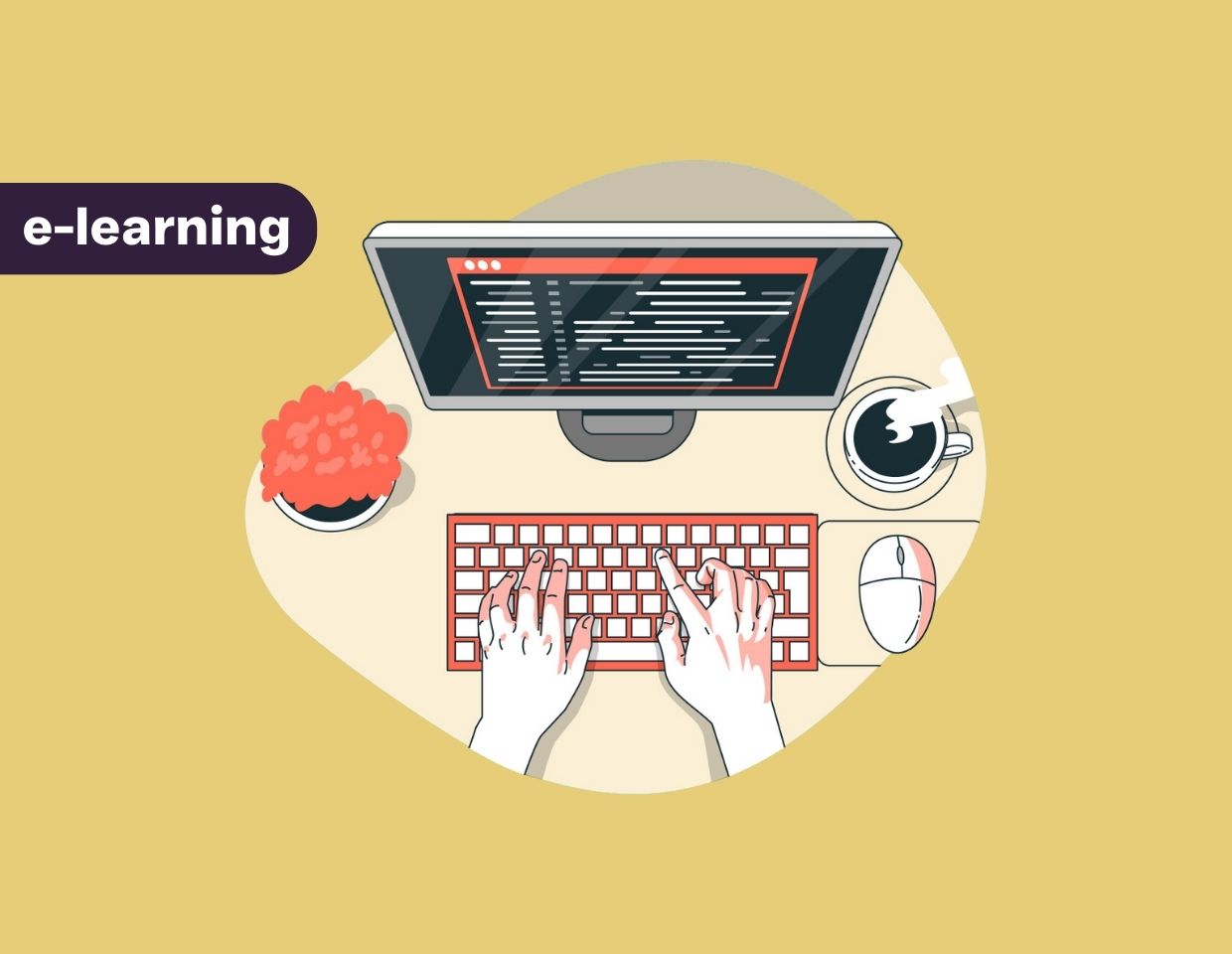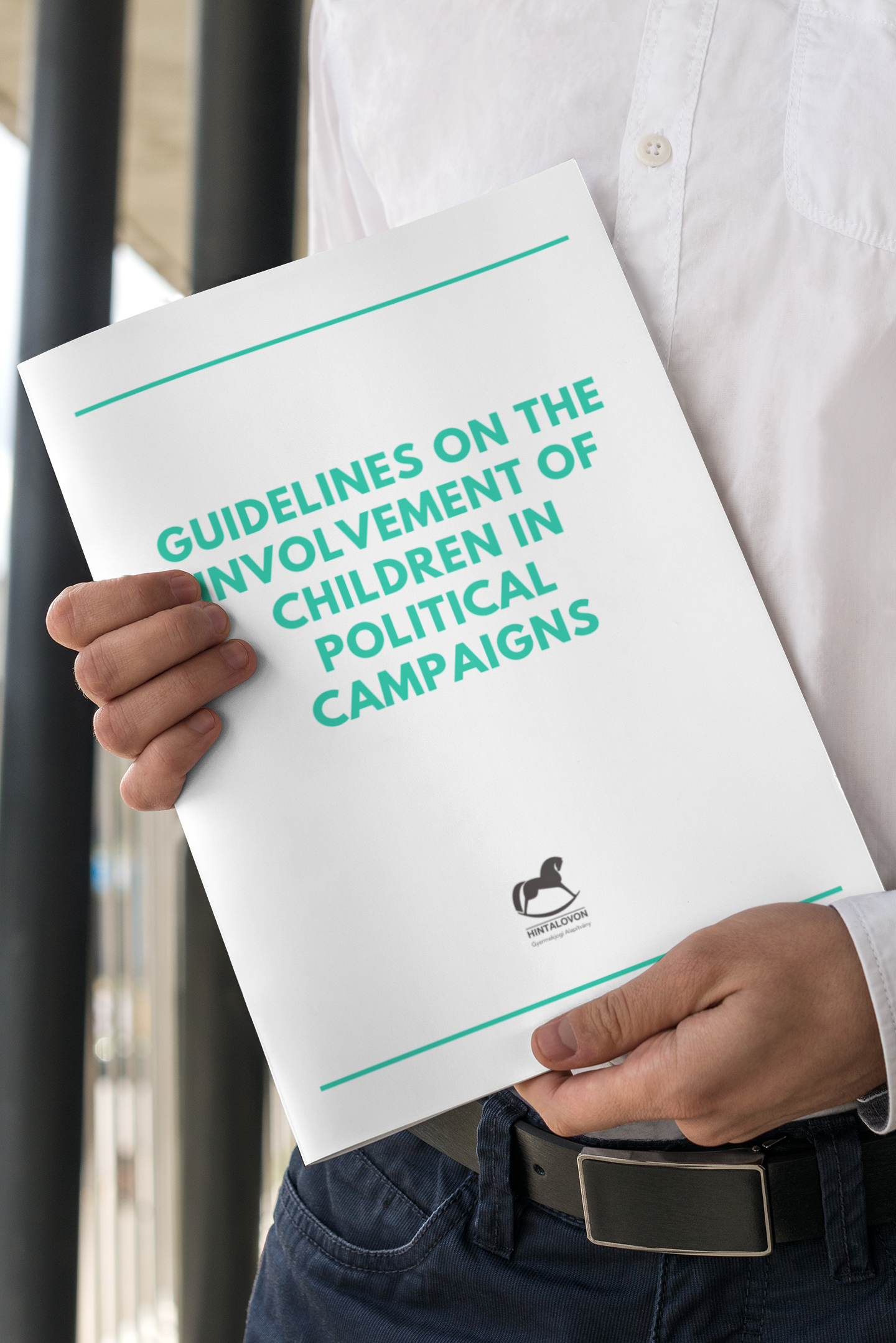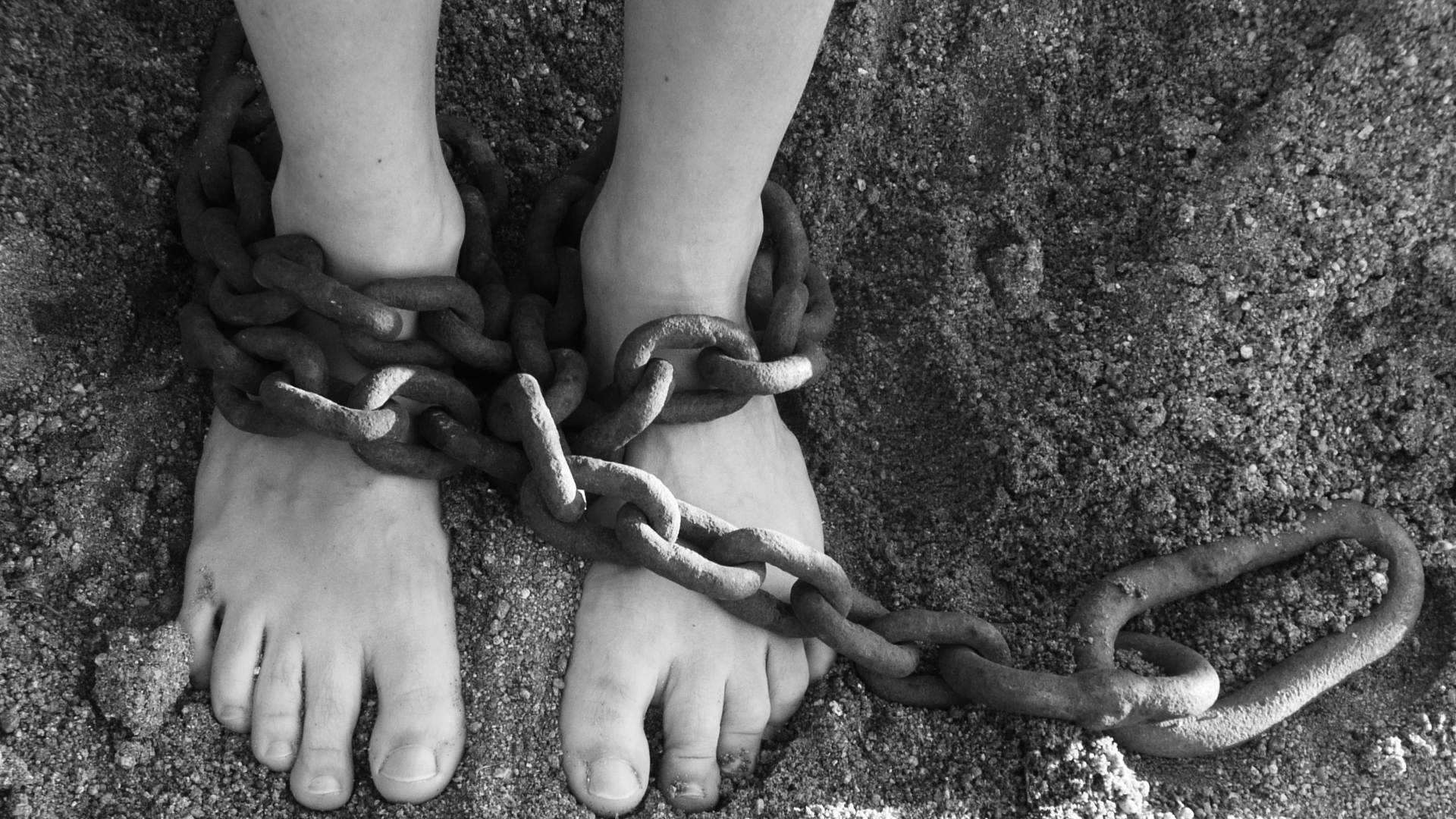Children’s Rights in the Digital Environment
Digital spaces are becoming increasingly important in various areas of children’s everyday life, including platforms for keeping in touch with friends and family, free time, education, and often as the primary source of information. For this reason, it is crucial that children are aware of their rights in the digital environment. Just as children have the right to education and information, play and rest, they also have rights that have been acknowledged less by digital policies: children have the right to privacy and to be present in online spaces safely, without being exploited. Children’s rights being prioritised within the digital environment starts with the approach to developing policies and action-based plans that enable them to navigate this space safely.
The Digital Services Act of EU
The Digital Services Act was passed in the Summer of 2022 with the aim of providing a solid basis for safer digital spaces, where the focus is on protecting the rights of users. The DSA places particular emphasis on online platforms used by children making terms and conditions accessible for them. This measure plays the double role of ensuring that children are up-to-date on the information regarding terms and conditions and safeguards to some extent against them being exploited.
However, to harness the benefits of this powerful regulation to its full potential, a high level of collaboration is essential both at national and EU levels in understanding children’s rights, prioritising the enforcement of this regulation, and creating the necessary resources.
Next steps
- National authorities will appoint coordinators whose task will be to oversee the enforcement of the regulation, prioritising children’s rights and the effect this legislation will have on their lives.
- The topic of children’s rights will be gaining more attention with the UN resolution focusing on children’s rights in the digital environment in 2023.











